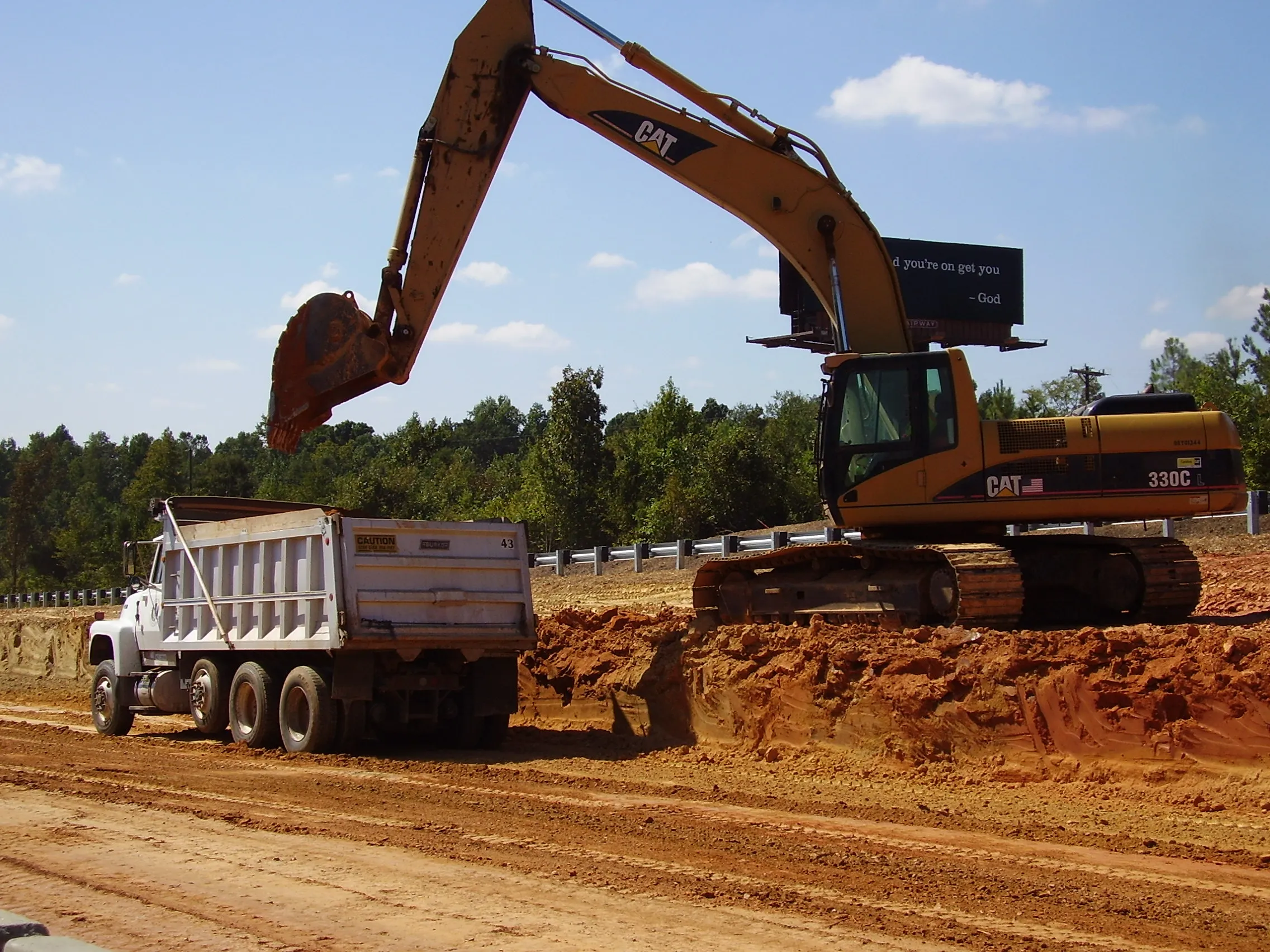Despite the 2012 passage of the US federal surface transportation law, known as MAP-21, the real value of highway and bridge contract awards over the last 12 months was down 3% compared the previous 12 month period. This is according to the latest analysis of McGraw-Hill Dodge data by the American Road & Transportation Builders Association (ARTBA). Taking into account changes in wages, materials and inflation, state and local governments awarded US$54.3 billion in real highway and bridge contract awards bet
March 4, 2013
Read time: 2 mins
Despite the 2012 passage of the US federal surface transportation law, known as MAP-21, the real value of highway and bridge contract awards over the last 12 months was down 3% compared the previous 12 month period. This is according to the latest analysis of McGraw-Hill Dodge data by the American Road & Transportation Builders Association (ARTBA). Taking into account changes in wages, materials and inflation, state and local governments awarded US$54.3 billion in real highway and bridge contract awards between February 2012-January 2013, compared to $55.8 billion in the same 2011-2012 time period.
Contract awards are a leading indicator of construction activity at the state level. “We did see a significant jump in the value of awards in January 2013,” said ARTBA’s chief economist Dr Alison Premo Black. “Although that is a positive sign, the increase was primarily due to several large projects in Arizona, Arkansas, California, New York and Virginia.”
The outlook on a state-by-state level is mixed. The real value of highway contract awards is down in 23 states and Washington, DC, up in 20 states, and within a range of plus or minus 5% in seven states. Bridge awards are down in 22 states and Washington, DC, up in 24 states, and within a range of plus or minus 5% in four states.
“This tells us that nearly half the states are pulling back on their programs,” Black noted. “The good news is that we do expect to see an uptick in activity later this year given the recent increase in federal aid obligations – many of those projects should go through the bidding and awards process over the next few months. It remains to be seen, however, if it will be enough to provide real growth in the highway and bridge construction market by the end of 2013.”
There is better news for state and local government contract awards for docks piers and wharves, which were up nearly 30% in the past 12 months, to $1.4 billion. Awards in California, Georgia and New Jersey drove growth in January 2013.
Awards were also up nearly 30% to $3.5 billion for state and local government transit and railroad awards, reflecting an increase in demand following 33 months of extensions of the federal aid program. January awards were driven by projects in California, Illinois, New Mexico and Pennsylvania.
Contract awards are a leading indicator of construction activity at the state level. “We did see a significant jump in the value of awards in January 2013,” said ARTBA’s chief economist Dr Alison Premo Black. “Although that is a positive sign, the increase was primarily due to several large projects in Arizona, Arkansas, California, New York and Virginia.”
The outlook on a state-by-state level is mixed. The real value of highway contract awards is down in 23 states and Washington, DC, up in 20 states, and within a range of plus or minus 5% in seven states. Bridge awards are down in 22 states and Washington, DC, up in 24 states, and within a range of plus or minus 5% in four states.
“This tells us that nearly half the states are pulling back on their programs,” Black noted. “The good news is that we do expect to see an uptick in activity later this year given the recent increase in federal aid obligations – many of those projects should go through the bidding and awards process over the next few months. It remains to be seen, however, if it will be enough to provide real growth in the highway and bridge construction market by the end of 2013.”
There is better news for state and local government contract awards for docks piers and wharves, which were up nearly 30% in the past 12 months, to $1.4 billion. Awards in California, Georgia and New Jersey drove growth in January 2013.
Awards were also up nearly 30% to $3.5 billion for state and local government transit and railroad awards, reflecting an increase in demand following 33 months of extensions of the federal aid program. January awards were driven by projects in California, Illinois, New Mexico and Pennsylvania.







